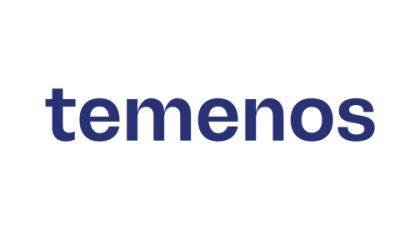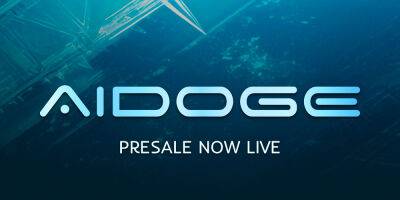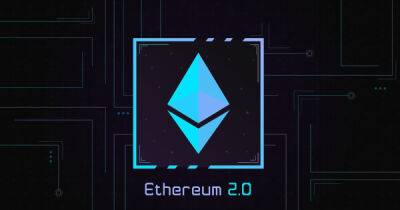Ethereum is going to transform investing
Ethereum is often depicted as traditional finance’s adversary in a Manichean struggle for decentralization. In reality, there isn’t any conflict at all. Rather than subverting the traditional financial sector, Ethereum is improving it. Soon, the two systems will be inextricably entwined.
Ethereum’s core value propositions — self-custody, transparency and disintermediation — are enormously relevant to financial institutions, and they can be realized within existing regulatory frameworks. Ethereum has already taken the first steps toward institutional adoption, and with its unmatched network decentralization, it is all but destined to become the primary settlement layer for the world’s financial transactions.
Ethereum isn’t here to deliver a stateless alternative currency or an anonymized shadow economy. What it offers is simple: neutrality.
Ethereum is the global financial system’s first truly unbiased referee, and its arrival couldn’t be more timely. The geopolitical stability afforded by the United States’ preeminence is eroding, and domestic politics in major economies have become increasingly volatile. In a multipolar world, the financial system urgently needs to maintain reliable rules of the road.
Related: Thanks to Ethereum, ‘altcoin’ is no longer a slur
Ethereum’s system for settling transactions and storing data is practically incorruptible. That is largely because of the unrivaled decentralization of its consensus layer, which spans more than 500,000 validators distributed among more than 10,000 physical nodes in dozens of countries. Despite concerns to the contrary, Ethereum is trending toward greater decentralization over time, not less.
To be sure, Ethereum will never replace traditional contracts or
Read more on cointelegraph.com
















